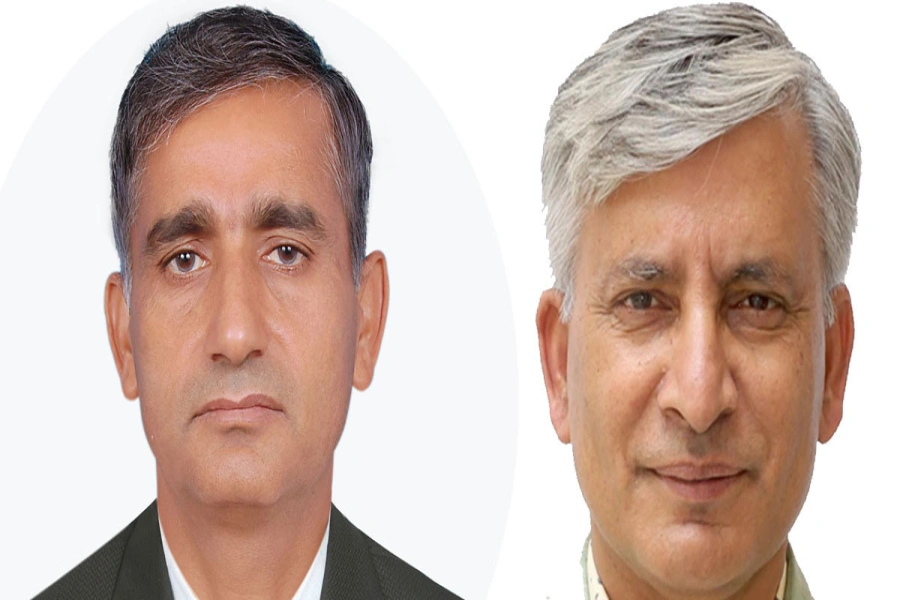KATHMANDU, Aug 17: Nepal Rastra Bank (NRB) is unlikely to revisit its recent circular that contains, among others, rule on the revision of interest rates spread calculation method at least until the first quarter of the current fiscal year 2019/20.
Though bankers have urged the central bank to reconsider some of the provisions in the circular, the NRB has ruled out any such possibility until the end of the first quarter.
“Nepal Bankers Association (NBA) has requested the central bank to reconsider some of the provisions in the recent circular. However, the central bank will first see the impact of its rules before making any review,” Laxmi Prapanna Niroula, an executive director at the NRB, told Republica. “We will assess the impact of the new rules in the first quarter before deciding whether to make any change through the first quarterly review of the monetary policy,” added Niroula, who is also the spokesperson of the NRB.
Revised interest rate corridor system introduced

The central bank started quarterly review of the monetary policy from the last fiscal year 2016/17.
The statement of the NRB’s senior official comes in the wake of demand of the NBA to review some of the provisions introduced through a circular on August 20.
The NBA has expressed its reservations particularly over the revision of the formula to calculate the interest rates spread, increment in the counter cyclical buffer requirement – a type of cushion against economic ups and downs – and a ban on bancassurance or insurance services offered through banks.
The umbrella organization of commercial banks has even warned that those provisions could have an adverse impact on the banking sector and the overall economy. It has claimed that the new formula to calculate interest spread could squeeze operating profit of the banking sector by nearly 25%, or Rs 30 billion.
Under the new formula, banks will no more be allowed to include interest earned from their investments in government securities while calculating spread rate. Previously, they were allowed to include such interest earnings in spread calculation. This implies that the spread will now be the net difference between what banks earns in interest from loans and what they provide in deposits.
As banks have to invest certain percent of their deposits in government securities, they will not be allowed to factor in earnings from such investment for spread calculation.
While the central bank seemed to be adamant on the enforcement of the new rules, one of the provisions introduced in the circular fixing the age bar for the chief executive officer of BFIs has been stayed by the court through an interim order.
Issuing an interim order on Tuesday in response to a writ filed by the CEO of Prime Commercial Bank Ltd Narayan Das Manandhar, a single bench of Chief Justice Cholendra SJB Rana ordered the central bank not to implement its recent circular that capped the age for the CEOs at 64 years immediately and put it in the status quo.
Niroula said that the central bank will defend its rule in the next hearing.




































